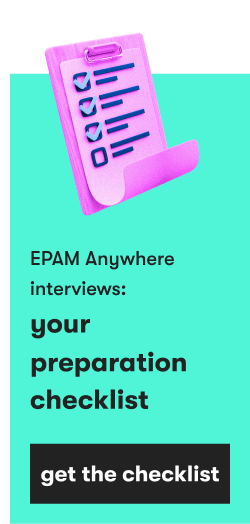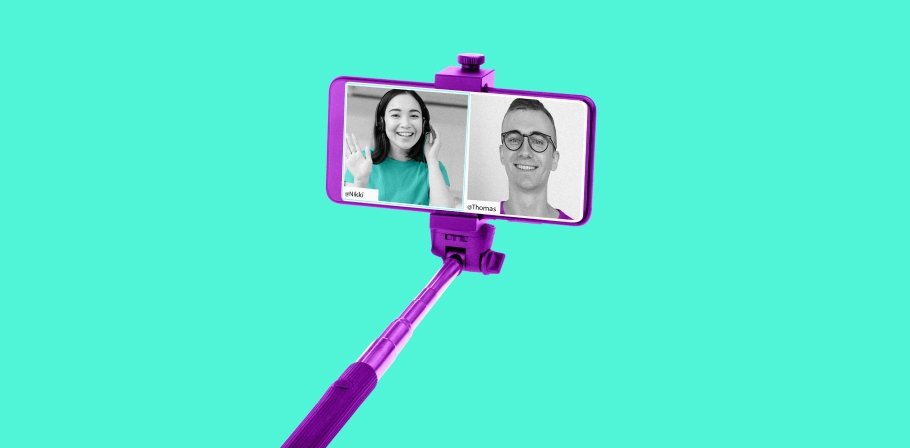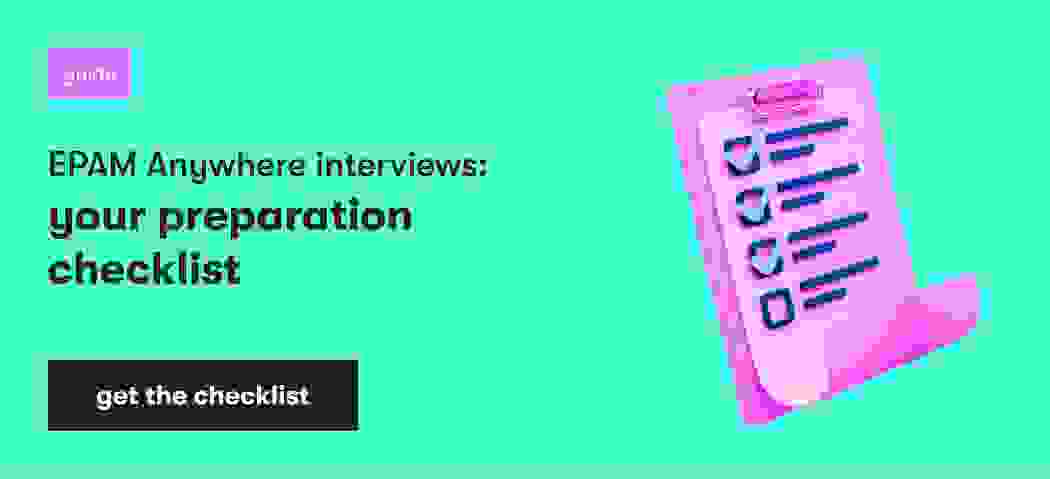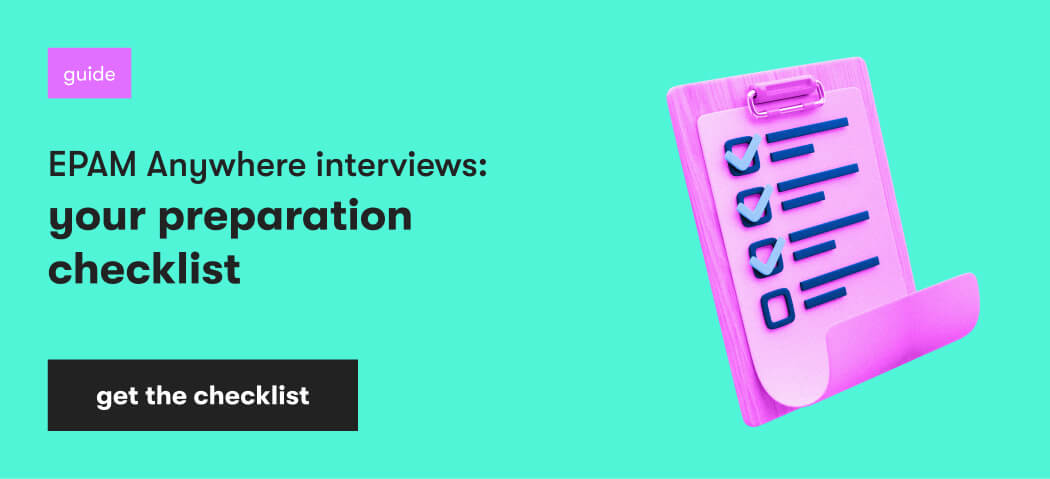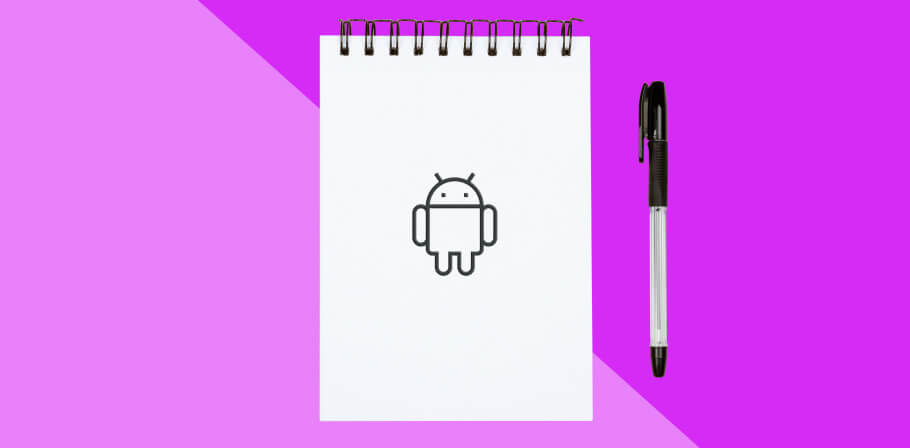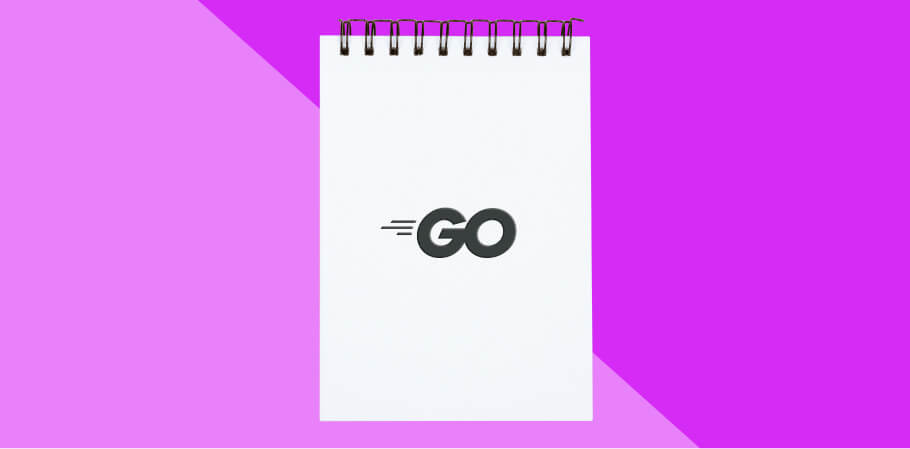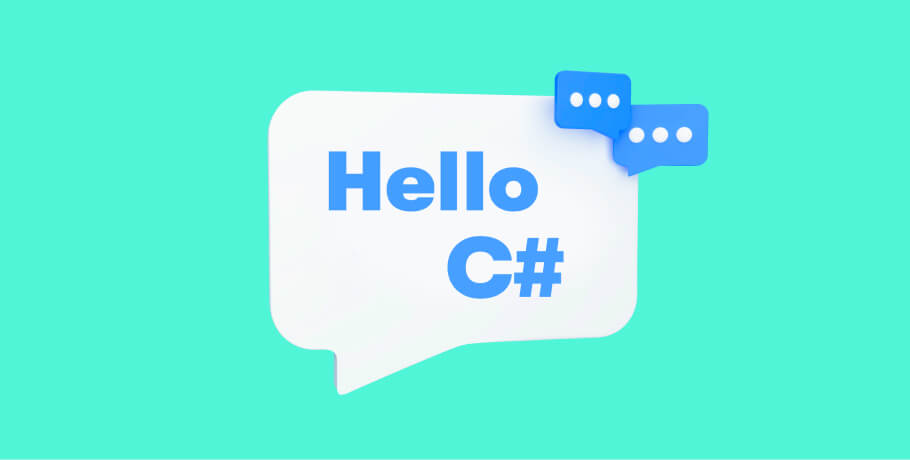The prevalence of initial phone or video calls for candidate screening has only increased as a result of the pandemic and remote work. Phone screening interviews are an essential part of the recruiting process, and you must come across as professional and knowledgeable during this initial interaction when you are applying for open tech jobs.
tired of job hunting?
Let us find a job for you. Just send your CV and we'll get back with our best-matching job for your skills.
What is a phone screen interview?
A phone screen interview is a 20-30 minute conversation between a candidate and a recruiter. The interviewer will ask questions to assess whether the candidate is a good fit for the role, and the candidate will have an opportunity to ask questions about the job and the company.
The first general interview is an initial, usually non-technical, communication between the potential candidate and the company. Its purpose is information exchange between the candidate and the recruiter, to identify whether future cooperation between the parties is possible.

Most companies use video technology like Zoom, Google Meet, Microsoft Teams, or Skype for these interviews, so the interviewer and candidate can see each other. The purpose of the initial meeting is generally to evaluate the cultural fit and determine if the candidate has the basic qualifications for the role. More job-specific and technical interviews are scheduled for a follow-up session.
The tech interview is followed by an offer interview if the candidate is chosen for the job offer. At EPAM Anywhere, there is a very clearly defined interview process in which candidates receive feedback in 2 days or less after the technical interview. The offer interview covers the financial and administrative aspects of the role and starts the onboarding.
Questions to ask a recruiter during a phone interview
Questions that you might want to ask during a phone screen interview span several different categories.
Company questions
- What are the company’s values?
- What is the company’s mission statement?
- How would you describe the company culture?
- What do you think sets your company apart from others?
The company questions generally focus on learning more about the potential employer and what it would be like to work there. This is your chance to get a feel for the company to see if it’s a good fit for you. With questions about values and mission statements, you can learn more about the company’s guiding principles. The questions about culture and growth potential will give you some insight into what it would be like to work there on a day-to-day basis and what opportunities there are for professional development.
You’re welcome to ask about the company, project, schedule, internal culture, type of contract, hiring process, and available benefits. You can also ask why the recruiter chose this company themselves, so that you understand more clearly if it is a fit for you too.
Role questions
- What are the main objectives of this role?
- What skills and experience are you looking for in a successful candidate?
- What type of person do you think would excel in this role?
- What are some challenges that someone in this role might face?
- What is the expected start date for this role?
The role questions focus on learning more about the expectations for the position and what kind of person would be successful in it. This is your chance to make sure that the role is a good match for your skills and experience. It’s also an opportunity to learn more about the day-to-day responsibilities of the job and what kind of challenges you might face.
Team questions
- What is the team size?
- What is the team dynamic like?
- What is the work environment like?
- Can you tell me about the team/department I’ll work with if I’m hired?
- How will success be measured in this role?
Team questions focus on learning more about the team you would be working with if hired. This is your chance to get a feel for what it would be like to work with this team on a day-to-day basis. Understanding how big the team is, where it's located, and what the team dynamic is like will give you a better sense of whether or not this is a good fit for you. Additionally, asking about how success will be measured in the role will give you insight into what the expectations would be for you in this position.
Project questions
- What projects will I work on?
- Can you tell me about a challenging project that I could work on?
- What type of projects are typically assigned to someone in this role?
- What is the ratio of independent and team-based work?
Project questions focus on understanding the types of projects you would be working on if hired. It can be helpful to ask about both easy and challenging projects so that you have a sense of the range of work you would be doing. You can also explore questions about the tools you'll have available, the team size and structure, and how much independence you can expect.
Skills questions
- What are the growth prospects at this company?
- What are some challenges I might face in this role?
- What kinds of technologies will I be working with?
While covered in more depth in the technical interview, exploring skills on the initial phone screen can give you a sense of whether your skills match the role. These questions can also help to gauge the level of challenge you would face in the role and what kind of support you can expect from the team. It's important to understand whether the role is a good fit for your skill set before progressing to the next stage of the interview process.
Compensation questions
- How much does this position pay?
- Are there any benefits or perks associated with this role?
- Is there room for negotiation on salary or benefits?
No one likes to talk about salary, but compensation is an important factor when considering a new job. While it's essential to understand what you'll be paid in your new role, it's also important to understand what other benefits and perks are available. Many companies offer competitive compensation packages that include things like pensions, health insurance, and stock options. Asking about these things up front can help you to better understand the value of the position.
Work-life balance questions
- What is the work-life balance like at this company?
- Can I work remotely?
Asking about work-life balance during a phone screen interview can give you a sense of whether the company culture is a good fit for you. You can explore flexible work hours, remote working options, and vacation policies. You can also ask how employees are encouraged to care for their health and well-being.
Interview process questions
- What are the next steps in the interview process?
- When can I expect to hear back from you about the next steps?
- Is there anything else I can answer for you?
Asking about the next steps in the interview process shows that you are interested and eager to move forward. It also allows you to determine how long the process will take and what you can expect. Asking for clarification about anything unclear during the phone screen can also be helpful. Finally, allowing the recruiter to ask questions shows that you are invested in the role.
Remember, when speaking to the recruiter, your goal is to get to that next interview. You want to demonstrate your skills and knowledge in a professional way, while at the same time showing your interest in the position. By asking these questions, you are helping to move the process along while getting more information that can assist in your preparation.
It’s better to ask the questions at the end of the interview, since some of them may be answered or explained by the recruiter even before you voice them. Once, a candidate showed me his list of 22 questions and it turned out that he ticked all of them as responded to by the time I asked him “Do you have any questions?”

Why you should ask questions during your phone screen interview
Questions serve different purposes. When asked by the recruiter, they are used to determine your suitability for a role. When a candidate asks questions, however, it shows that they are engaged and interested in the role. It also allows them to learn more about the company, position, and what to expect if they move on to the next stage of interviews.
In many cases, this enthusiasm and inquisitiveness are vital traits that interviewers are looking for. Many companies have specific, unique technologies and processes that outside candidates would simply not know. Companies are looking for a positive attitude and a willingness to learn new things.
During a recruiter phone screen, it's especially important to ask questions and be engaged, in addition to following remote interview best practices. This is your first opportunity to make a good impression and stand out from other candidates.
Build a dialog with the recruiter, not a monologue! Listen, ask questions, be engaged in the conversation, and don’t forget to take notes of the important information you receive.


With a focus on remote lifestyle and career development, Gayane shares practical insight and career advice that informs and empowers tech talent to thrive in the world of remote work.
With a focus on remote lifestyle and career development, Gayane shares practical insight and career advice that informs and empowers tech talent to thrive in the world of remote work.
Explore our Editorial Policy to learn more about our standards for content creation.
read more


